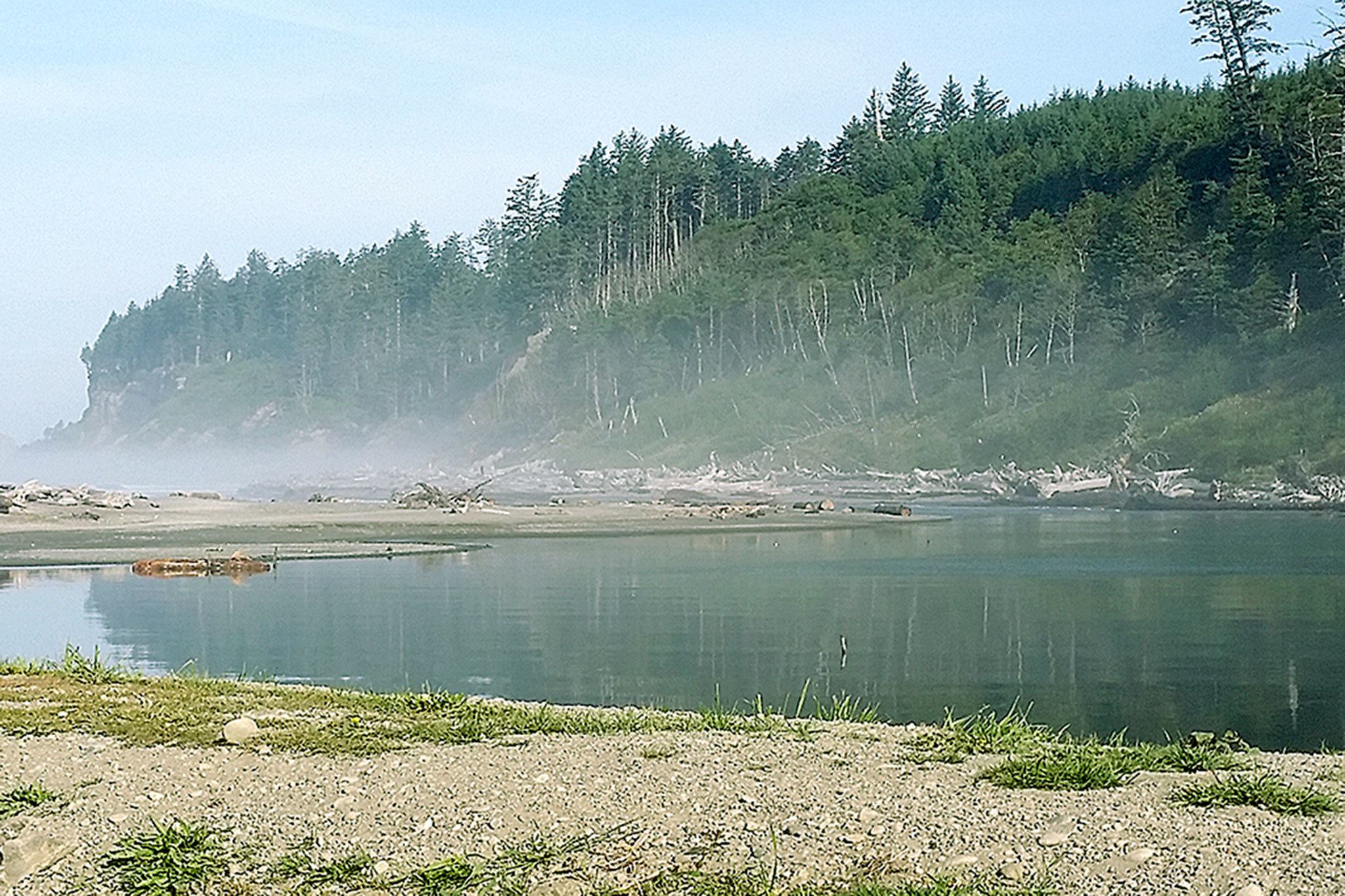The United States government must begin adequately funding services promised long ago to First Nations. That was the cry heard in Taholah on Friday from Fawn Sharp, president of the Quinault Indian Nation, and tribal leaders around the state during a listening session with members of the United States Commission on Civil Rights.
The information gathered during the session will help the commission update its 2003 document, “A Quiet Crisis Report: Federal Funding and Unmet Needs in Indian Country.”
“This is not a quiet crisis of unmet funding needs — it is a humanitarian crisis,” Sharp said. “The United States government has not fulfilled its promises to provide adequate funding to provide education, law enforcement, judicial systems, health care, environmental protection and natural resource management for tribal communities.”
The first Americans face some of the worst housing and living conditions in the country and at least 250,000 new housing units are needed, said Elena Bassett of the Yakima Nation.
“Seventy percent of the existing housing stock in Indian country is in need of upgrades and repairs — many of them extensive,” she said. “Forty percent of reservation housing is considered inadequate, compared to 5.9 percent of households in the U.S.”
Funding through the Indian Housing Block Grant program has been consistent, but hasn’t kept up with increased need and rising construction costs. The result of the inadequate funding is a cumulative shortfall of $1.5 billion since 1998. Trust, title restrictions and jurisdictional issues on tribal lands have made it near impossible for economic, community and housing development projects to obtain additional funding from traditional lending institutions, Bassett explained.
Along with housing, inadequate health care funding was an area of concern detailed in the original Quiet Crisis report.
And, “it’s still tragically underfunded,” said Pearl Capoeman-Baller, of Quinault. “It’s even hard to recruit health care workers because they think it’s too isolated here.”
Mental health, oral health, HIV/STD and Hepatitis C are among critical health needs. Indian Health isn’t a mandatory program, so the amount allocated is discretionary and far below what’s needed.
Elders have died as a result of not receiving early enough diagnoses for health problems Capoeman-Baller said. Quinault tribal members specifically need to go to Aberdeen or Olympia to obtain a great deal of their care.
Native Americans between the ages of 18 and 24 suffer higher rates of suicide than any other ethnicity, for example. Regarding mental health, Capoeman-Baller said, “Our people are in crisis and need help.”
And, there is four times more untreated tooth decay found in Indian children than white children, she also noted.
Other speakers talked about how Native American children continue suffering because of low education funding; that the tribes need more say in how police and courts operate; and how mismanagement and poor environmental practices have greatly harmed tribal forests and fish habitats.
The Quinaults are planning to move to higher ground because of increasing flood risks and predictions the Pacific Northwest could be a subject to a tsunami. The reservation is vulnerable. Sharp attributed this to global warming and poor environmental practices. Money provided so far, described as pre-mitigation funds, is way too little to move an entire village.
All of these problems affect the tribal leaders’ ability to implement improvements that might improve the lives of their members and assert their national sovereignty, Sharp said.
“People need to remember that settlement of the United States was made possible through treaties with Indian nations. In exchange for ceding claims to millions of acres, tribes received promises of peace, reservation homelands and commitments to provide for the needs of their communities and to protect our ability to maintain our ways of life,” she emphasized. “Many of the promises made to the tribes have never been fulfilled.”
Along with allowing tribal leaders more room to lead and the U.S. government honoring its treaties, many of the ills plaguing tribal members could be alleviated by such things as using available resources more effectively and efficiently — including healing the land after many years of poor environmental practices — investing in infrastructure and providing opportunities for employment and enterprise, she said.
“Native American and Alaska native rights are one of our top priorities,” Civil Rights Chairman Martin Castro said. “This is not just about policy. This is not just about a report. This is about a fundamental change between our nation and our First Nations so we can all meet our objectives of the Seven Generations to come.”
“Seven Generations” is a form of decision making used by Native American leaders — that thought should be given to how actions will affect children seven generations into the future.
The report should be complete early next year.



